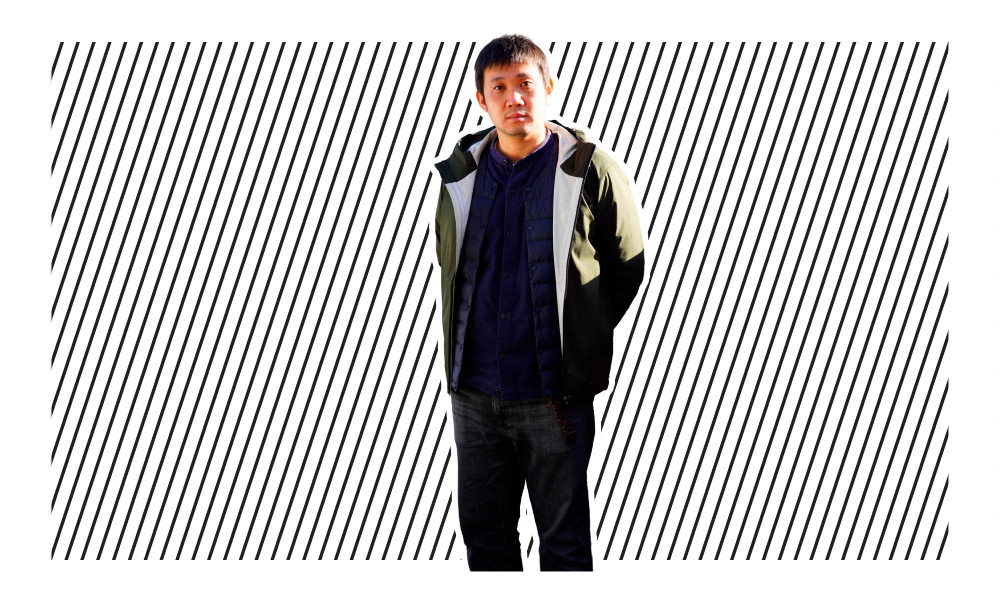Filmmaker Ryûsuke Hamaguchi’s mesmerizing character studies (2015’s Happy Hour, 2018’s Asako I & II) often snag awards at major film festivals, and 2021 was no exception. In fact, this year felt like a culmination of the master filmmaker’s efforts to date. Hamaguchi had two feature films in NYFF’21: Drive My Car and Wheel of Fortune and Fantasy, both of which previously won awards at Cannes and Berlin, respectively—and both of which transport us deep into the conscience of troubled characters.
I sat down with Hamaguchi during the festival to discuss Drive My Car, which opened November 24th via Janus Films and will continue to expand in the weeks ahead. Check out my interview below (with a shout-out to lightning-fast translator Aiko Masubuchi, who helped guide our conversation) and put both films on your must-see list: Hamaguchi’s awards season is far from over.
Drive My Car immediately calls to mind Lee Chang-dong’s Burning (2018). Both are truly excellent Murakami short-story adaptations that fly by despite three-hour runtimes; both perfectly capture the elusive, dreamlike tone of Murakami’s writing, while satisfying each filmmaker’s obsessions. The two films rival one another in terms of mood, but the obvious comparisons end there: in literary adaptation and onscreen craft, Drive My Car is a fully assured, standalone achievement.
This film is both vintage Murakami and vintage Hamaguchi. The adaptation makes sense when you consider their oeuvres: the two artists share fascinations with love and loss, grief and acceptance, mysterious surrogates and romantic triangles. They also bring independent perspectives: in short stories, the author expects readers to participate in description and scene-setting by using their own experience and imagination; in filmed adaptations, the filmmaker becomes author as well, adding layers of concrete, literal choices to the story’s abstraction. In Drive My Car, Hamaguchi’s onscreen choices are masterful: the performances are magnetic, the mood is indelible—and Murakami’s singular voice shines through in resounding, collaborative harmony.
Like Titane, another of this year’s high-profile Cannes-winners, Drive My Car explores a surrogate father-daughter relationship, bringing unexpected characters together to replace something each of them has lost. A beautiful expression of human fragility and collective strength, this type of love is both surprising and relatable. Going further, Drive My Car contains a Chekhov play within the film, allowing actors-playing-actors to express sublimated emotions. In sum, this is a film about lost and rediscovered potential, about playing roles, both literally and figuratively, and the inescapable mysteries of our bittersweet existence.
Just as subconscious stories can add lucidity to our waking hours, Drive My Car teaches us to see things for what they are by examining what they were. Clarity—and, if we’re lucky, new relationships—come with the mileage. At journey’s end, it’s like waking up from a particularly potent dream.
